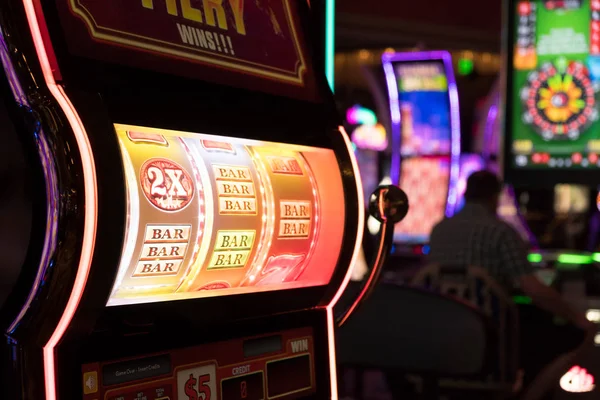
Gambling is an age-old activity that has fascinated humanity for millennia. Its origins can be traced back to ancient civilizations, where games of chance were often intertwined with cultural and religious practices. Archaeological findings reveal that the oldest known gambling artifacts date back to around 3000 BC in Mesopotamia, where dice made from animal bones were discovered. These early forms of gambling were typically associated with rituals and divination, showing that the urge to take risks for potential rewards is deeply ingrained in human nature.
A Journey Through History
As societies evolved, so did gambling practices. In ancient Rome, games of chance were popular among the masses, often taking place in taverns and public gatherings. The Romans introduced betting on gladiatorial contests, which added a new level of excitement to the activity. By the Middle Ages, gambling had transformed significantly, with card games gaining popularity across Europe. The invention of the printing press facilitated the distribution of playing cards, making them accessible to a wider audience. This era marked the beginning of organized gambling, leading to the establishment of the first official casinos in the 17th century, particularly in Italy and France.

In the modern era, gambling has become a global phenomenon. The rise of online casinos has revolutionized the industry, providing players with unprecedented access to a wide array of games. Platforms often entice new users with promotions like CASINO NO DEPOSIT BONUS, allowing them to experience various games without financial risk. This innovative approach has made gambling more inclusive, appealing to both seasoned players and novices looking for entertainment.
Key Milestones in Gambling History
- Ancient Civilizations: Dice and betting games in Mesopotamia and Rome.
- Middle Ages: The popularity of card games and the rise of gambling in Europe.
- 17th Century: Establishment of the first casinos in Italy and France.
- 20th Century: Legalization of gambling in various regions, leading to the growth of commercial casinos.
- Online Revolution: The emergence of online gambling, making games accessible worldwide.
Today, gambling encompasses a vast array of activities, from traditional table games to online betting platforms. Its evolution reflects not only changes in societal norms and technologies but also the enduring human desire for excitement and the thrill of uncertainty. As we look to the future, gambling will undoubtedly continue to adapt, driven by innovation and the ever-changing landscape of entertainment.
